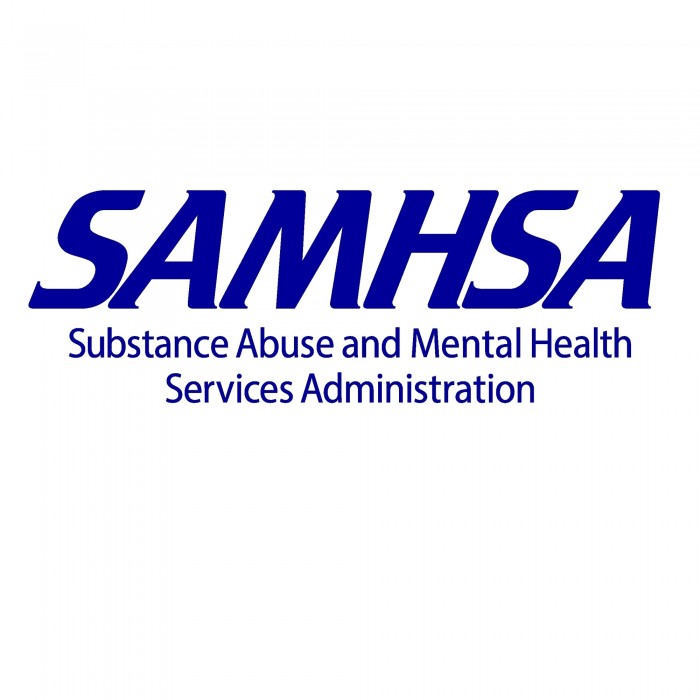Harrisburg, PA – As child care providers across Pennsylvania reopen in counties transitioning to the yellow phase in Governor Tom Wolf’s reopening plan, the Department of Human Services (DHS) is committed to supporting this crucial industry and the families of young children who depend on it.
To slow the spread of the COVID-19 virus and prevent loss of life, Governor Wolf issued a statewide stay-at-home order April 1; however, the order allowed DHS’ Office of Child Development and Early Learning (OCDEL) to implement a waiver process for child care centers serving families of essential workers. Family and group child care homes operating in a home setting were also allowed to remain in operation under the governor’s order.
As of May 5, approximately 1,529 child care providers continue to operate in Pennsylvania. This includes 626 child care centers and 903 group and family child care homes.
When a county moves to the yellow phase in the governor’s plan, all child care providers are permitted to reopen without a waiver. The Department of Human Services is prepared to support child care providers and Pennsylvania families throughout the reopening process.
Child care providers preparing to open must familiarize themselves with and be prepared to implement guidance issued by the Centers for Disease Control and Prevention, which outlines the steps providers should take to keep child care spaces safe and to properly monitor staff and children for potential exposure to and symptoms of COVID-19.
The Early Learning Resource Centers (ELRCs) also remain available to families throughout Pennsylvania during this period. ELRCs can help families locate an operating child care provider in the community, determine eligibility for the Child Care Works subsidy program, and provide referrals to other supportive programs and services.
Child Care Works payments will continue to providers with active enrollments through the end of May. These payments will be made based on active enrollment, not child attendance.
OCDEL will continue to communicate regularly with providers. Communications from OCDEL can be found on the DHS website or through the Pennsylvania Key.
“Child care providers in counties moving to the yellow phase are not required to open, and families may still choose to keep their child at home,” Secretary Miller said.

















